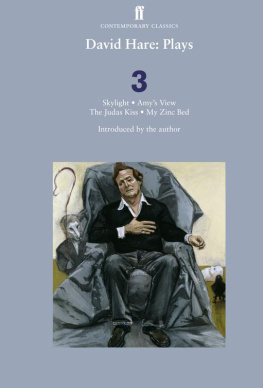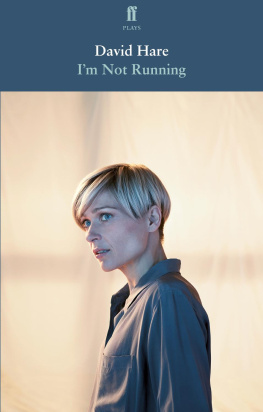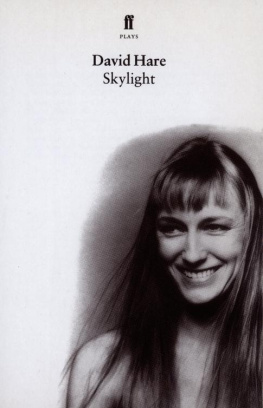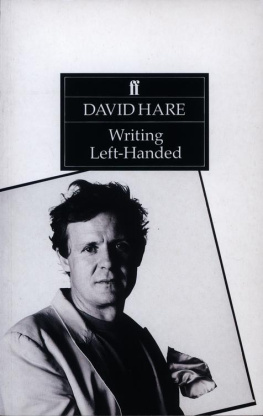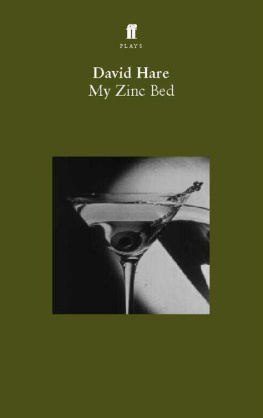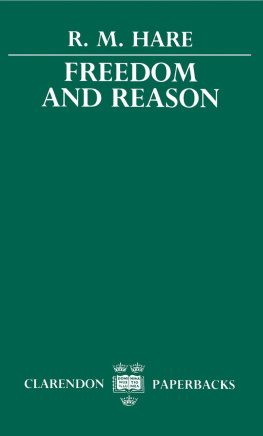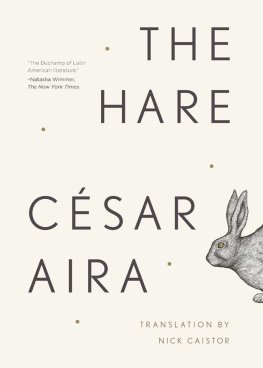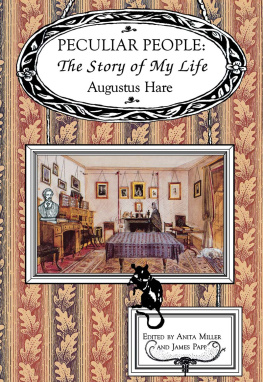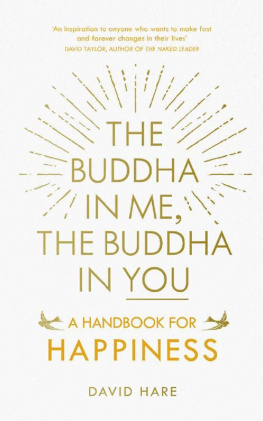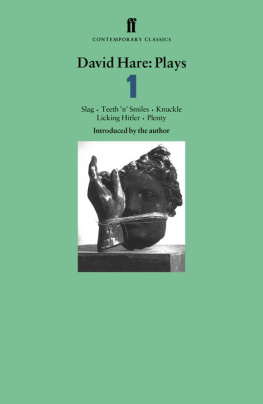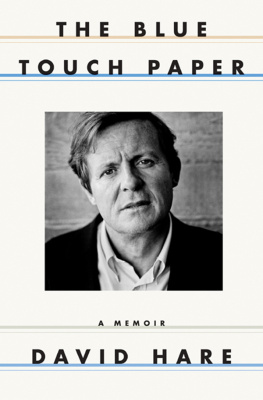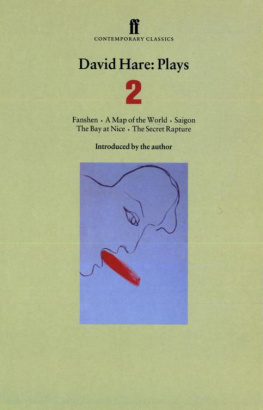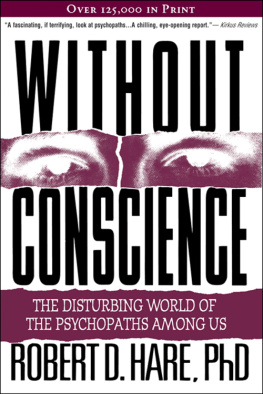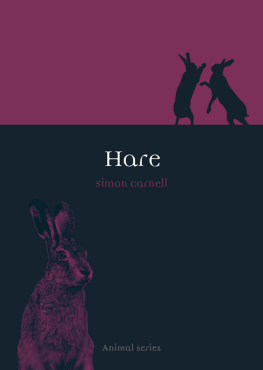Hare - David Hare: plays three
Here you can read online Hare - David Hare: plays three full text of the book (entire story) in english for free. Download pdf and epub, get meaning, cover and reviews about this ebook. City: London, year: 2013, publisher: Faber & Faber, genre: Detective and thriller. Description of the work, (preface) as well as reviews are available. Best literature library LitArk.com created for fans of good reading and offers a wide selection of genres:
Romance novel
Science fiction
Adventure
Detective
Science
History
Home and family
Prose
Art
Politics
Computer
Non-fiction
Religion
Business
Children
Humor
Choose a favorite category and find really read worthwhile books. Enjoy immersion in the world of imagination, feel the emotions of the characters or learn something new for yourself, make an fascinating discovery.
- Book:David Hare: plays three
- Author:
- Publisher:Faber & Faber
- Genre:
- Year:2013
- City:London
- Rating:4 / 5
- Favourites:Add to favourites
- Your mark:
- 80
- 1
- 2
- 3
- 4
- 5
David Hare: plays three: summary, description and annotation
We offer to read an annotation, description, summary or preface (depends on what the author of the book "David Hare: plays three" wrote himself). If you haven't found the necessary information about the book — write in the comments, we will try to find it.
David Hare: plays three — read online for free the complete book (whole text) full work
Below is the text of the book, divided by pages. System saving the place of the last page read, allows you to conveniently read the book "David Hare: plays three" online for free, without having to search again every time where you left off. Put a bookmark, and you can go to the page where you finished reading at any time.
Font size:
Interval:
Bookmark:

talk to the author about the plays in this collectionHow did you come to write Skylight? Oh, the usual way an image. A spluttering gas boiler on the wall, and a woman in a kind of voluntary exile, making life hard for herself. Very powerful, very evocative for me. Youd spent your whole life as a writer avoiding plays set in rooms. Thats right. Perhaps I finally opted for a play with walls because I was exhausted by writing three huge plays for the Olivier Theatre Racing Demon, Murmuring Judges and The Absence of War and I was alive to the feeling that its hard to characterise with density in an epic play. Yes, plainly, in The Life of Galileo or Mother Courage Brecht brings off great central characters two of the greatest in literature but hes careless, to say the least, in the way he flings minor characters on and off the stage.
I was aware that my plays had become restless, always subject to the pressure of time, to the demands of narrative. Sometimes I was finding it easier to move on than to move in. In an epic play the scene you are writing is always waiting to be replaced by another. This creates a wonderful energy when properly done the slate is wiped clean many times in the evening but it can also mean that the people you create are not able to put down roots on the stage. Skylight is not quite a classic two-hander. I couldnt resist a little embellishment.
Maybe it was shame at succumbing to the notion of writing a play in real time, so thats why I give the play a little kick of context at the beginning and at the end with the appearance of the son, Edward. Do you think of it as a romantic play? Most certainly. A love story? Not just a love story I mean romantic in the proper sense, a play about peoples limitless potential. Do you think that accounts for its popularity? I have no idea. Back in the 1980s, the critic of the Daily Mail, Jack Tinker, claimed I was not a proper playwright because my plays had prospered only in the hothouse of subsidy. Put them in the harsher climate of the commercial theatre and they would die.
To my surprise, as much as to his, he turned out to be wrong. Three of the plays in this collection were profitable hits on Broadway. However, they were written to exactly the same criteria as my previous work. There was no element of calculation. There never is. When youre writing a play you have no sense of who it might appeal to.
People certainly liked the spectacle of a big man flailing. And, again, three of these plays show big men flailing: Tom Sergeant, Oscar Wilde and Victor Quinn. Lets take Sergeant first. Obviously, the play is driven by the opposition between an entrepreneurial approach to life and an ethic founded in public service. Fortunately, this turned out to be an opposition which audiences understood. In Pravda Howard Brenton and I came up with a phrase, the melancholy of business. Tom Sergeant embodies that melancholy.
I al ways find that the more a businessman tells you everythings wonderful, the sadder you feel. Another phrase we might have come up with is the melancholy of maleness because Tom is a hopeless male, a man condemned to maleness, and all the ridiculous feelings that go with it. Also, I knew a little bit about restaurants, enough to know they represent capitalist endeavour at its most fleeting and heroic: every night you set out to prove yourself all over. And Kyra? Interestingly, when we went to America with the play, we had imagined that audiences would identify with Toms get-up-and-go. To the contrary, we uncovered a massive well of anger to which the play spoke the anger of those in public service who see themselves as overlooked and disregarded by all the callous priorities of the period. Which is? Giving heart to the broken-hearted. Michael Gambon played Tom first, then Bill Nighy. Yes. Michael Gambon played Tom first, then Bill Nighy. Yes.
And theres a reprehensible snobbery among those who claim to prefer one or the other in the role. Im sometimes buttonholed by people who tell me they saw Bill, or they saw Michael, and how superior either one was. In fact, Bill has played so many times in my work that his version of the big man couldnt help but be fascinating. He was actually Gambons suggestion when we didnt know how to replace him: Get the handsome fellow to do it. But Gambon was also unforgettable. Lia Williams played Kyra, then Stella Gonet.
Both superb. And you wrote Amys View almost immediately after? I was inspired by the collapse of Lloyds. It seemed so quintessentially English. Suddenly Squadron Leaders from Dorset, finding themselves swindled by the well-spoken crooks in the insurance business, were speaking the rhetoric of the most militant trade union leaders. Originally, people assumed the Thatcherite revolution was there to clear away the riff-raff, but now, like all revolutions, it was turning on its own supporters. A certain generation had believed itself entitled to money without having to work for it.
There was an expectation that money was like yeast it would just regenerate itself, and that the less you thought about it, the more morally worthy you were to receive it. And that particular sense of entitlement was deeply embedded in class as was the kind of light comedy in which Esme Allen had made her name and prospered. I loved using the theatre as a metaphor for life. But the play was sometimes misunderstood? To a degree. People thought it was an example of exactly the kind of old-fashioned theatre the play mocks. Id chosen a four-act structure, which is a demanding and interesting form, very rarely used nowadays, also devilishly difficult to bring off. What you dont show has to be as convincing as what you do because what has happened between the acts is what gives the action on stage its undertow and power.
Unfortunately a few critics couldnt see past Judi Denchs performance as Esme. One idiot even managed to suggest that she was writing her own lines in one sense, you could say, a tribute to Judis perfect mastery of the role, but in another, a rather revealing display of the critics ignorance of the working practices of the modern theatre. When the play was revived in 2006 with Felicity Kendal playing Esme, many critics re-evaluated their first reactions to the play. This happens a lot. Why do you think that is? It seems to take critics ten years before they trust me. Again, why do you think that is? Its not for me to say. The weakest part of the play concerned the young man, Dominic.
I often struggle with young men. I find them difficult, in life and on the stage. By the time we took the play from the West End to Broadway , then the Shavian ding-dong in the second act had been sharpened up and Dominic was better drawn. I hate all the clichs of theatre criticism: that a playwright has to love all his characters. Why? Does Shakespeare love Iago? Critics also like to claim that a good play is always evenhanded . Is that really true? I can think of a series of belting plays, incendiary plays which are completely one-sided.
Would The Diary of Anne Frank be more powerful if it gave the Nazis better arguments? I dont think so. Amys View also defends the medium of theatre itself. Yes, I wrote it at a moment when the theatre-is-dead movement was at its most smug. Clearly, its unfortunate that only a certain number of people can see and hear a single play at any one time. Does that make it elitist? Six billion are shut out and eight hundred admitted. What can you do?
Font size:
Interval:
Bookmark:
Similar books «David Hare: plays three»
Look at similar books to David Hare: plays three. We have selected literature similar in name and meaning in the hope of providing readers with more options to find new, interesting, not yet read works.
Discussion, reviews of the book David Hare: plays three and just readers' own opinions. Leave your comments, write what you think about the work, its meaning or the main characters. Specify what exactly you liked and what you didn't like, and why you think so.

